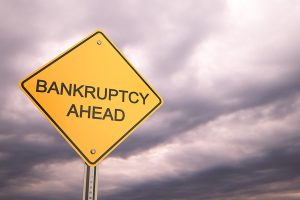Emergency Bankruptcy

In Illinois, it’s possible to file an “emergency” bankruptcy to stop a foreclosure, a vehicle repossession, a utility shut-off, or a wage garnishment. Before you take any action, however, speak first to an experienced Chicago bankruptcy lawyer. An emergency bankruptcy may work as a quick fix to deal with an imminent problem – and some people will need to do that – but in many cases an emergency bankruptcy really is not in someone’s best longterm interests. A good bankruptcy lawyer may be able to suggest an alternative solution; if an emergency bankruptcy turns out to be your only practical option, your bankruptcy lawyer will explain the process and help you file the legal paperwork.
When you file for an emergency bankruptcy, you do not have to complete all of the paperwork immediately. You can file a truncated version of the bankruptcy petition and submit the remaining paperwork within 14 days. If you fail to meet this absolute deadline, your bankruptcy petition will be dismissed and your “automatic stay” will be lifted. A bankruptcy filing triggers the automatic stay, a legal order that prevents creditors from foreclosing on your property, garnishing your wages, or seizing your assets; in fact, creditors aren’t allowed to call or harass you in any way. If you need protection from creditors and you need it immediately, the emergency bankruptcy option may be right for you. In extreme hardship cases, the filing fee can sometimes be waived.
But first, discuss with an lawyer about whether your case qualifies as an emergency. In many cases, an alternative to bankruptcy can be identified and acted on. Every person’s situation is different. If you’re anywhere in the Chicago area; if your debts are becoming unmanageable; and if you need quick protection from creditors, get trustworthy bankruptcy advice from an authority and talk promptly with an experienced Chicago bankruptcy lawyer.


